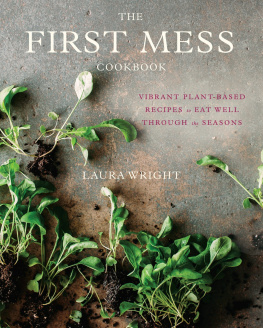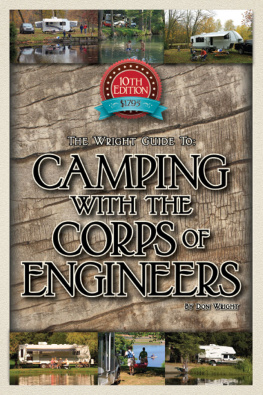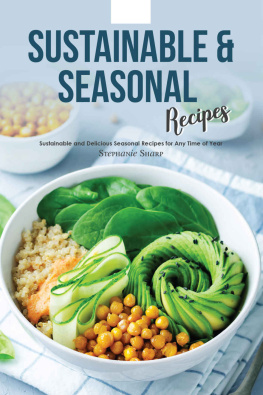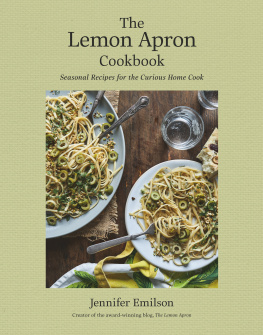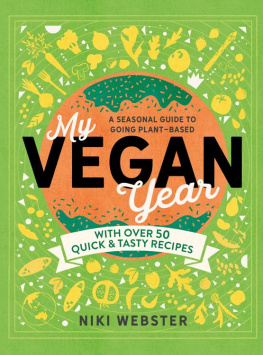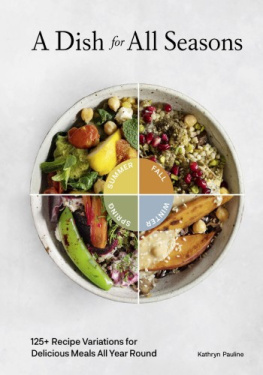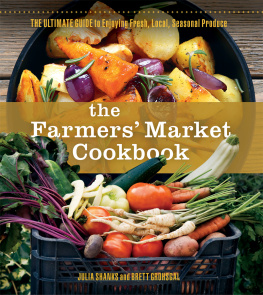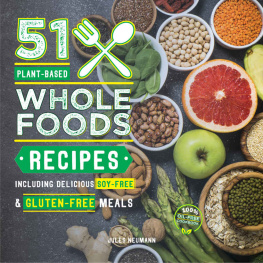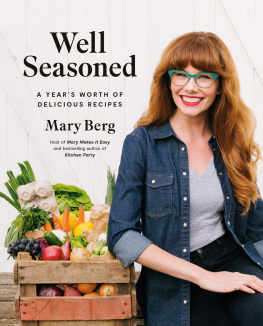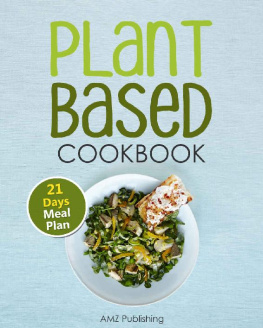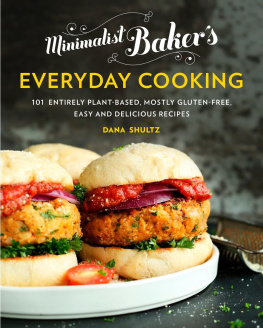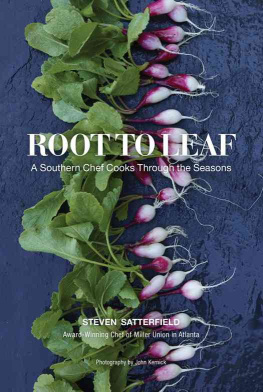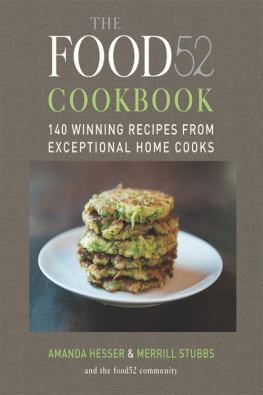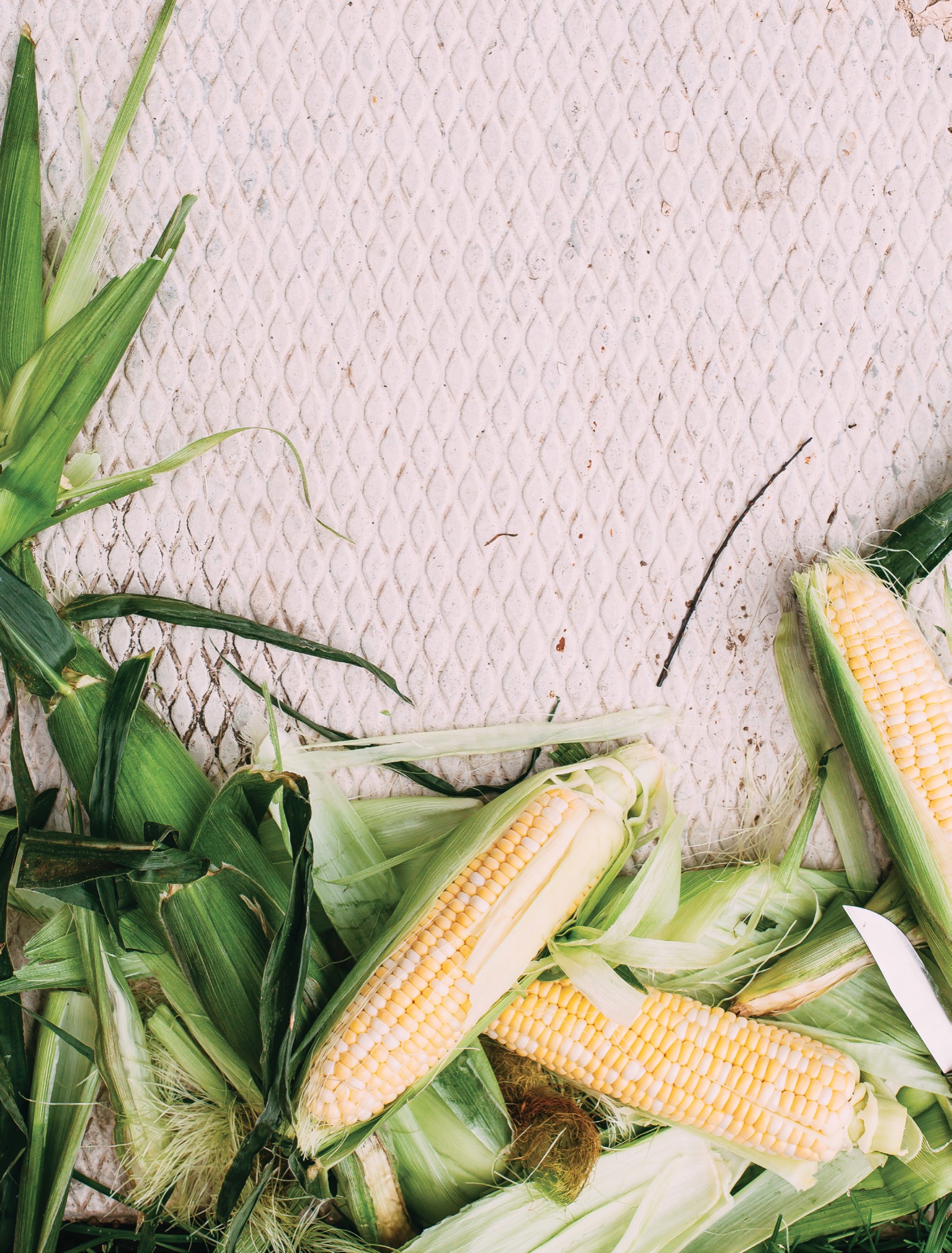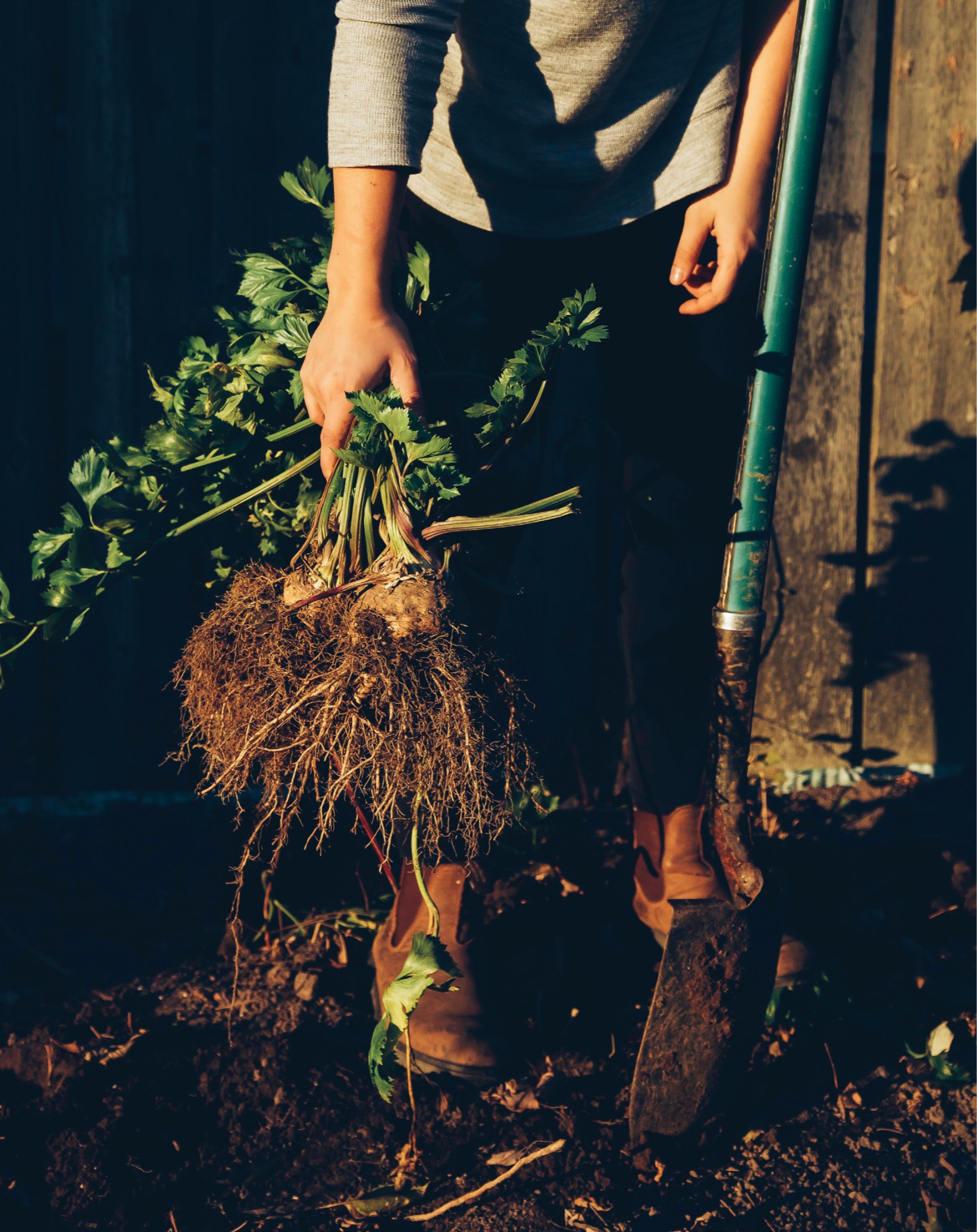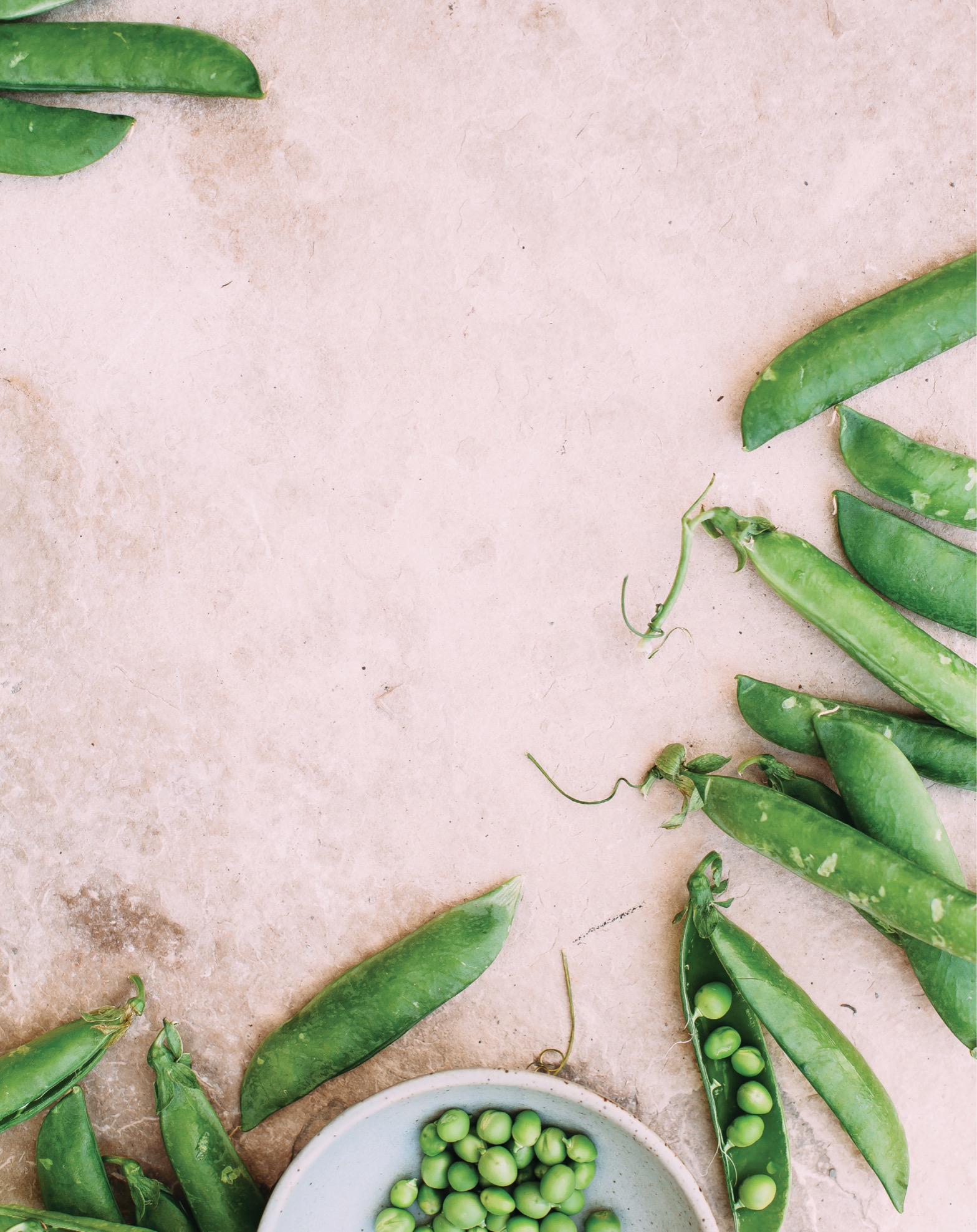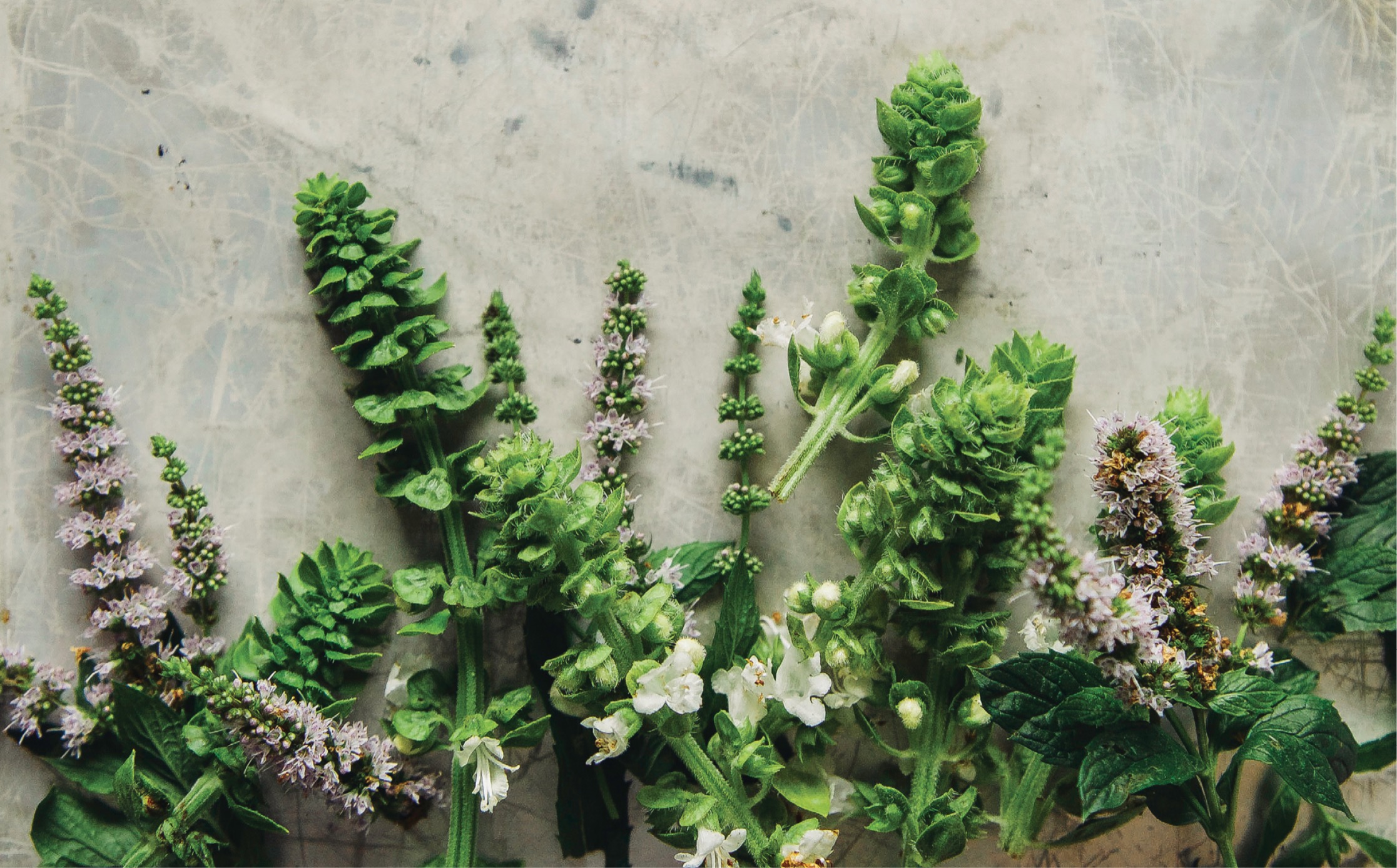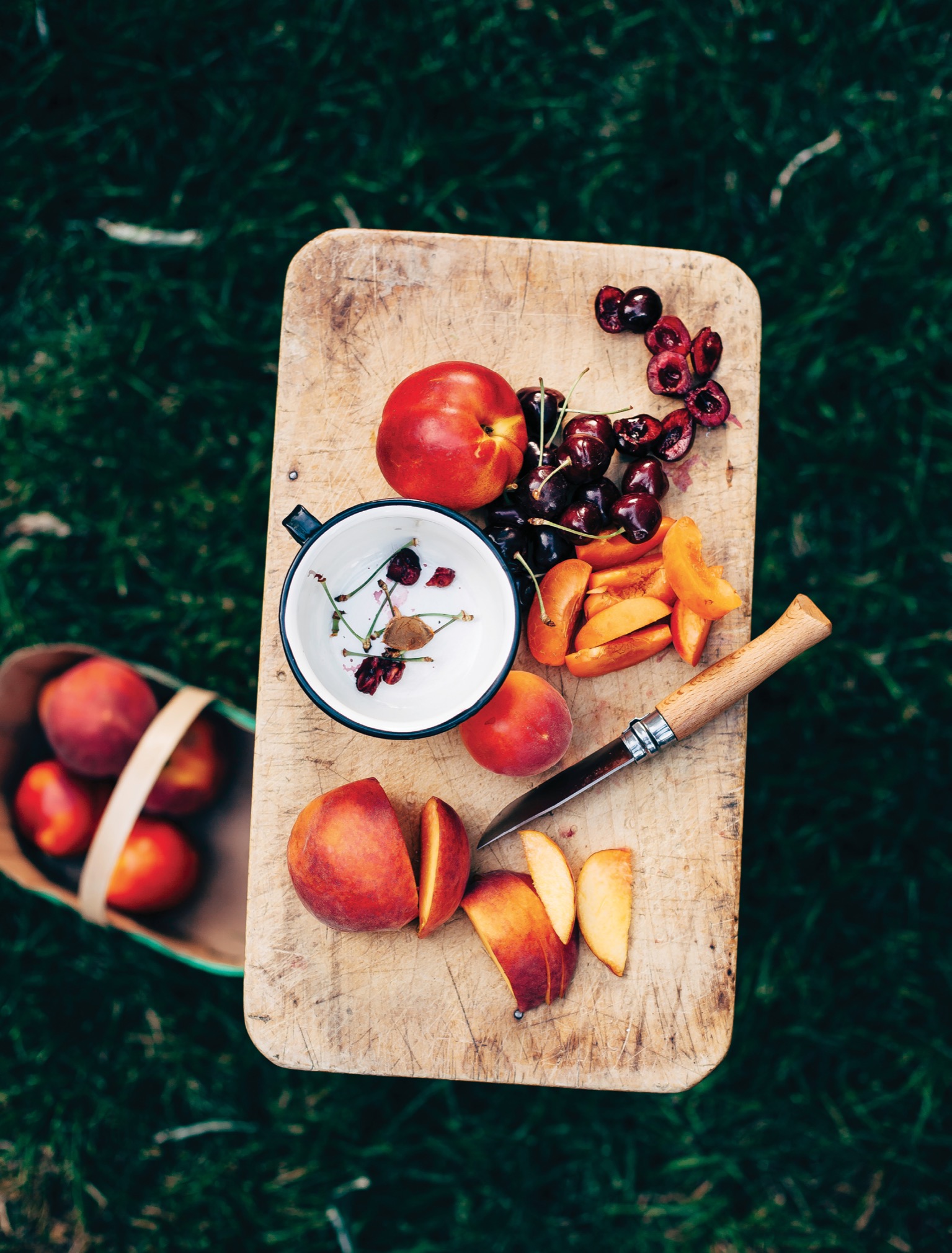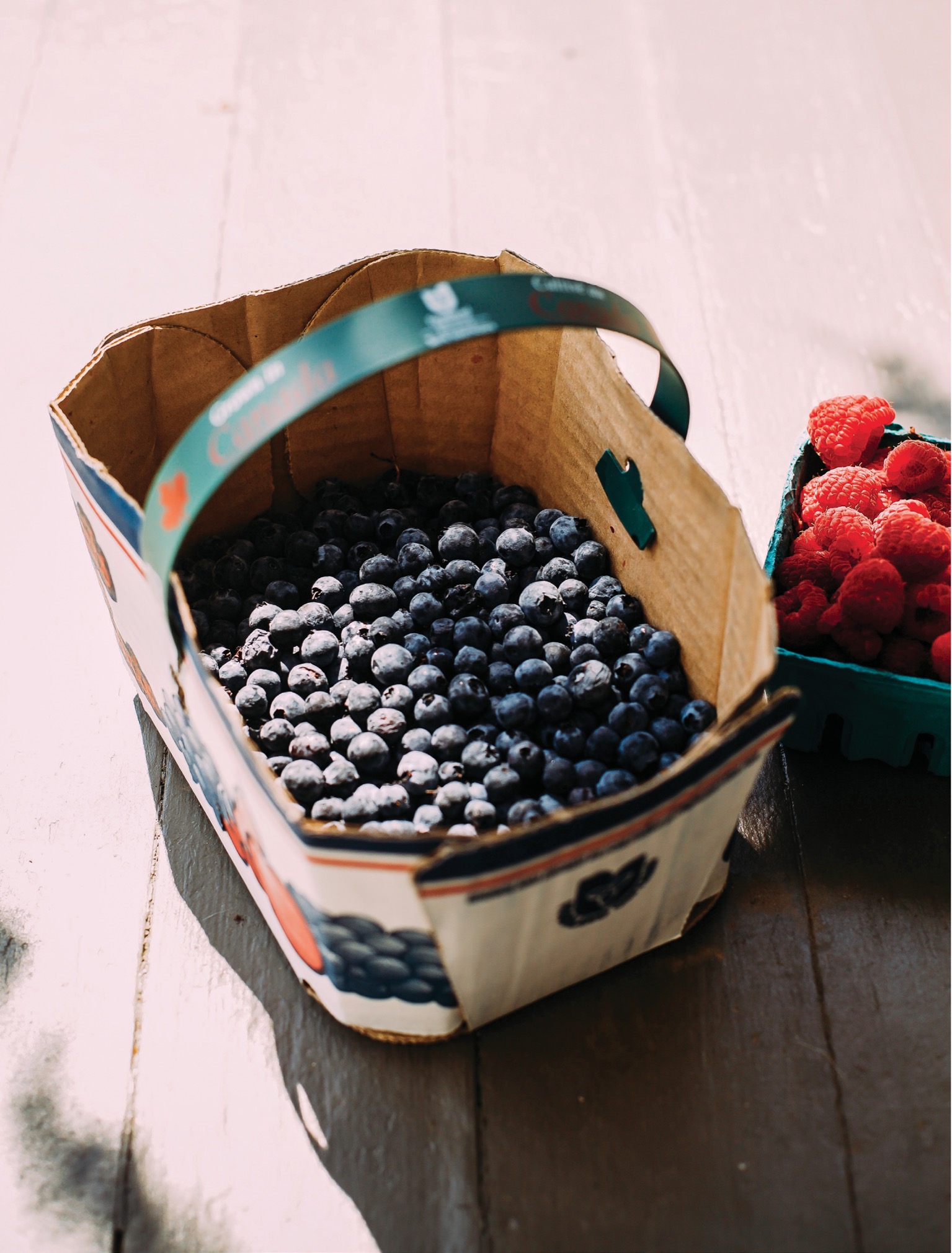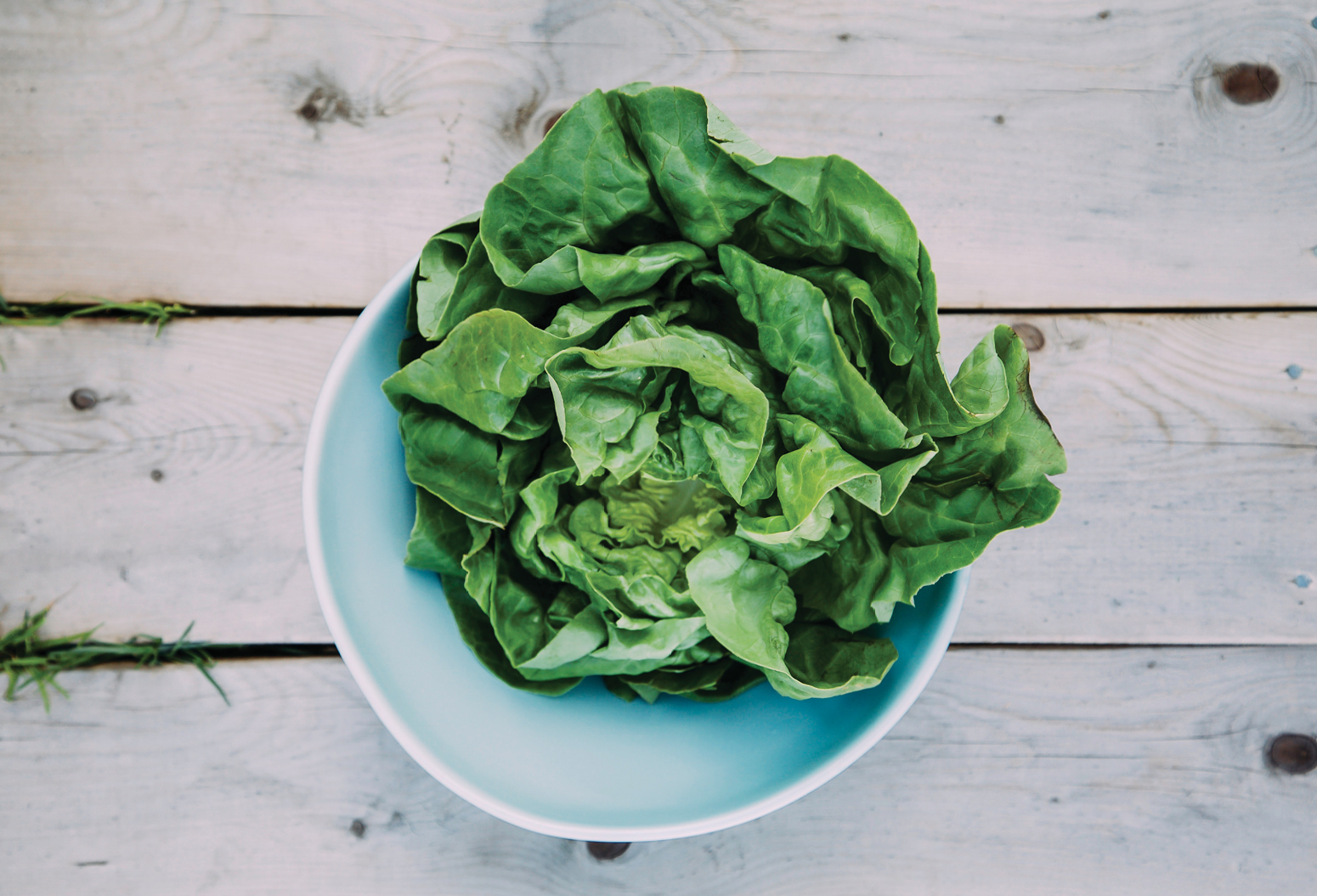Penguin supports copyright. Copyright fuels creativity, encourages diverse voices, promotes free speech, and creates a vibrant culture. Thank you for buying an authorized edition of this book and for complying with copyright laws by not reproducing, scanning, or distributing any part of it in any form without permission. You are supporting writers and allowing Penguin to continue to publish books for every reader.
The recipes contained in this book have been created for the ingredients and techniques indicated. The publisher is not responsible for your specific health or allergy needs that may require supervision. Nor is the publisher responsible for any adverse reactions you may have to the recipes contained in the book, whether you follow them as written or modify them to suit your personal dietary needs or tastes.
For Mark, who takes all of my messy moments in stride. Thank you for always making me laugh.
Introduction

Raspberry picking throughout the humid Ontario summers was my first job as a youth, and I suppose this is where the inspiration for my blog, The First Mess, began. I would put on my rubber boots, grab a basket, and head toward the back of my parents two-acre property in the country. At the end of the line were rows of raspberry bushes, heaving with fruit under the steamy July sun. One berry in the basket, one in my mouth. My brother and I would get two dollars for every pint we could scrounge up, and my dad would sell them at his farm market store the next day. I dont think I ever made more than ten dollars a pick. I was too busy eating those warm berries that tasted of jam, nectar, and light. That all-sensory field experience is my first clear memory of connecting to food beyond the notion of hunger being satisfied.
Throughout my adult life, food has continued to be a driving force of pride, success, and pleasure. I grew up with that farm market of my fathers as a second home. Where some kids would go visit their grandmother for a nice dinner, I worked under the guidance of mine every week, learning about hard work and the drive to succeed for the sake of your family and your own personal wellness. She was a presence at the store into her 90th year because the dignity of work kept her going.
That farm market provided my first real job as a teenager, cashing out the locals who returned every week for fresh fruit and vegetables. My dad always told me to thank them sincerely as they left, because they were supporting our family, yes, but also because they were committing their dollars to the community and local food movement as well. My family hinged on that movement before it was a buzzword or topic in magazines. It was our life and sustenance in every way you could imagine.
At home, there were giant tomato plants, greens, runner beans, squash, and any fruit or vegetable that could take root in my fathers hobby garden. We always had fresh, healthy food outside our door in the warm months and beautiful preserves in the colder times to remind us of preparation, knowledge, and hard work and its virtues. My mother and Nana made wholesome dinners from scratch every night of the week. When I pick up a knife in my own kitchen, Im grateful for their persistence in keeping us well fed all those years, along with all the other amazing things they managed to do.
When I attended university to study environmental ethics, I examined virtue and intention in depth. Along with those themes came discussions of suffering, gluttony, factory farming and monocrops, famine, societies that live and breathe with the land, freedom, commodity, and community feeling. Those liberal arts seminars always had me circling back to food, its deeply woven connection to life, and its global impact. With everything I had learned, I decided to go vegan. I was serving at a restaurant to pay my university tuition and trying out vegan recipes in my spare time when I realized my real calling in life.
I enrolled in a nutritional culinary management program a year later. In those classrooms, I learned how to sharpen my knife, convert ounces to grams, poach eggs, make pastry, clean and filet a whole fish, execute every vegetable cut, and how to understand the book of yields so that I wouldnt waste the money of my future employer. I lived for the nutritional cooking labs of that program because the modules lined up with my own plant-preferring ways. We would make fragrant Thai green curries with sprouted tofu, crusty loaves of bread with whole-grain flour, and creamy chocolate mousse out of avocados. I was in awe and inspired on a regular basis.
I worked for one of Canadas original farm-to-table chefs while I studied culinary arts. Just as with every restaurant I had worked in up to that point and continue to work in now, thats where my education was happening in real time. In those time-pressured and passionate environments, I learned that when serving others for a living, one is never too skilled or too advanced to slice a bushel of pears, scrub a stack of pots, or exercise empathy with an unhappy guest. If you want to inspire and nourish the community, those repetitive, and sometimes frustrating, tasks are necessary. The day-to-day hard work gives meaning and substance to all the big things one can accomplish with food.

